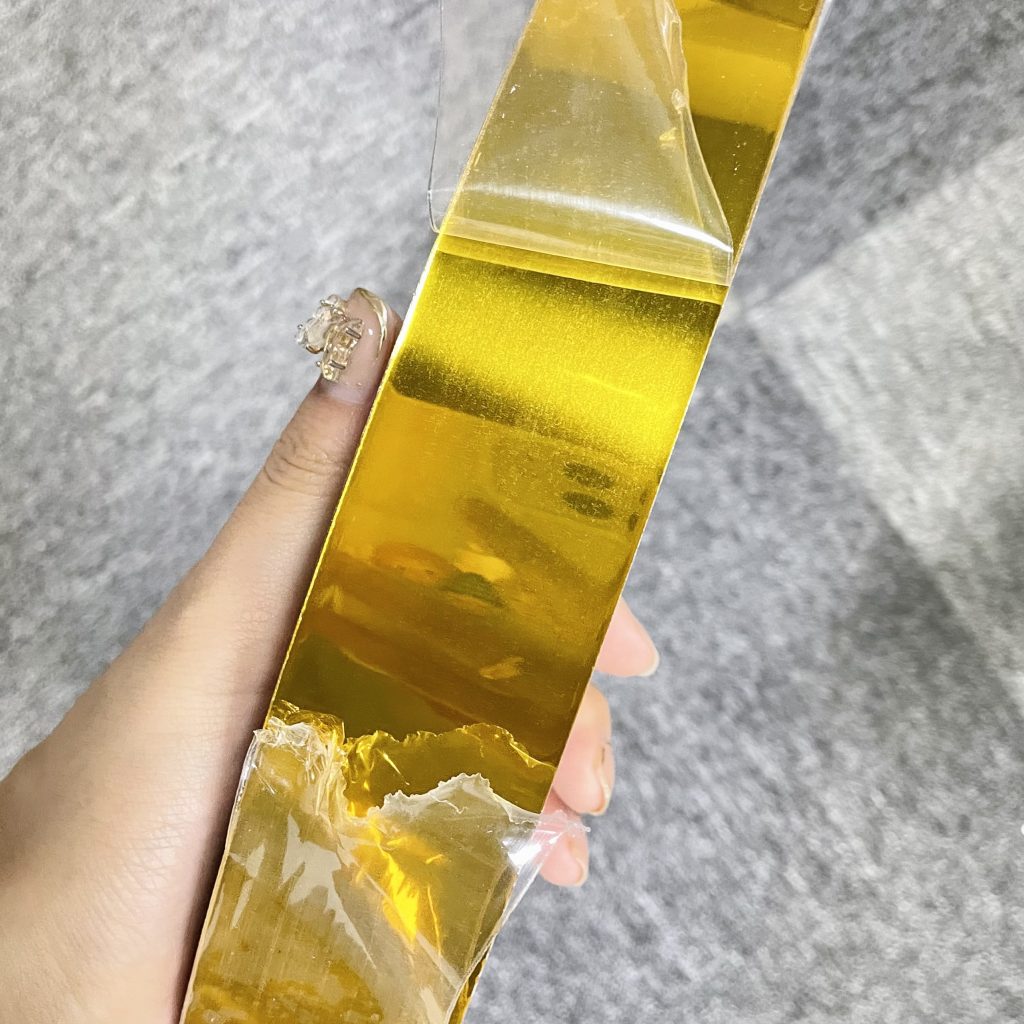Mirror aluminum, prized for its lustrous finish and versatility, is a popular material used in various applications, from architectural to decorative purposes. However, selecting the right mirror aluminum can be a daunting task due to the numerous options available. This comprehensive guide aims to provide valuable insights into choosing mirror aluminum effectively.
Determine the Application
Before selecting mirror aluminum, it’s crucial to determine the intended application. Whether it’s for architectural cladding, interior decoration, or signage, understanding the specific requirements will guide your selection process.
Consider the Grade
Mirror aluminum comes in different grades, each offering unique properties and performance characteristics. Common grades include 1000 series, 3000 series, and 5000 series. Consider factors such as corrosion resistance, strength, and formability when choosing the appropriate grade for your application.

Evaluate Surface Quality
Surface quality is paramount when selecting mirror aluminum, as it directly impacts the reflective properties and aesthetic appeal. Look for mirror aluminum with a smooth, flawless surface, free from scratches, dents, or imperfections that may affect the reflective finish.
Assess Reflectivity
Reflectivity is a critical aspect of mirror aluminum, especially for applications where high reflectivity is desired, such as architectural facades or lighting fixtures. Choose mirror aluminum with a high reflectivity rating to achieve optimal performance and visual impact.
Consider Thickness and Size
Mirror aluminum is available in various thicknesses and sizes to suit different applications. Consider the thickness required for structural integrity and durability, as well as the size that best fits your project specifications.

Check Durability and Weather Resistance
For outdoor applications or environments with exposure to harsh weather conditions, durability and weather resistance are essential considerations. Opt for mirror aluminum with excellent weather resistance, such as coatings or alloys designed to withstand corrosion and UV exposure.
Verify Compliance and Certification
Ensure that the mirror aluminum meets relevant industry standards and certifications for quality and safety. Look for products that comply with international standards such as ASTM, EN, or ISO to guarantee performance and reliability.
Review Supplier Reputation
Choose a reputable supplier or manufacturer with a track record of delivering high-quality mirror aluminum products. Research customer reviews, testimonials, and certifications to assess the supplier’s reliability, customer service, and product quality.
Consider Cost and Budget
Finally, consider the cost and budget constraints when choosing mirror aluminum. Balance the desired quality and performance with budgetary considerations to find the most cost-effective solution for your project.
In conclusion, selecting the right mirror aluminum involves careful consideration of factors such as application requirements, grade, surface quality, reflectivity, thickness, durability, compliance, supplier reputation, and budget. By following this comprehensive guide, you can make informed decisions and choose mirror aluminum that meets your specific needs and ensures project success.


